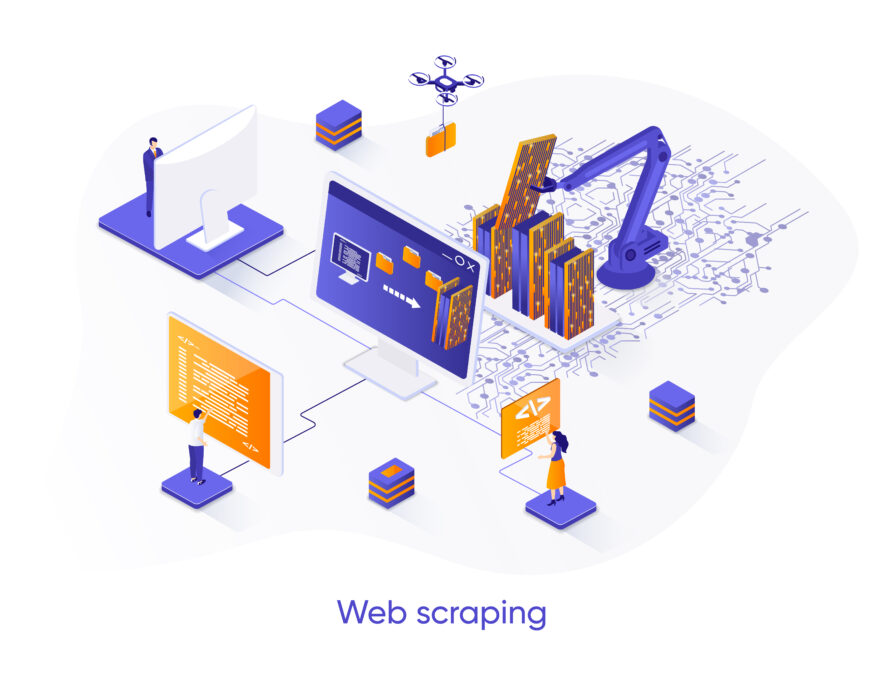13 August 2003 Days after SCO Group claimed a symbolic breakthrough in its plans to secure license fees from Linux users, a poll has found overwhelming opposition to the proposed charges from IT executives.
Some 94% of almost 300 respondents to an InternetWeek poll said they would not pay the fees that SCO is demanding, although 12% said they were “concerned” about the intellectual property (IP) issue and a further 3% said they were prepared to pay.
The anger of some IT executives came through clearly in their responses to the poll. “Regarding SCO’s ridiculous attempt to extort $699 per CPU from Linux users, there is no way I would authorise such a payment,” said Terry Gale, IT manager of the Santa Cruz Metropolitan Transit in California. “Pay SCO? In your dreams,” said Wally Knapp, senior director of technical services at Baltimore Community College in Maryland.
The poll’s findings come in the same week that SCO revealed its first ‘IP Compliance’ licensee. Terms of the deal and the identity of the ‘Fortune 500’ company were not disclosed, but SCO did say that a licence was purchased for each of the company’s Linux servers.
SCO executives also said they had been inundated with calls about the licensing plan. “We have had more than 300 companies in the first four business days of this program contact SCO to inquire about SCO’s IP licence for Linux,” said Chris Sontag, senior vice president and general manager of SCOsource, SCO’s software licensing division.
“We anticipate this [Fortune 500 company] being the first of many licensees that will properly compensate SCO for our intellectual property,” he added.
Last month, SCO began demanding licence fees from 1,500 of the world’s biggest users of Linux. The company will charge $699 per microprocessor from companies running Linux servers, rising to $1,399 after 15 October 2003 if companies refuse to comply with its demands. Furthermore, SCO is believed to be considering extending its licensing program to desktop and embedded systems.
SCO, which is also suing IBM for allegedly stealing its secrets, claims that Linux contains code copied line by line from its System V version of Unix, the basis of its UnixWare operating system product.
IBM denies any wrongdoing, and many analysts have questioned the merit of SCO’s case against it.
But companies are nevertheless being urged by analysts Gartner to delay Linux projects until the legal impasse is broken. “Don’t ignore the problem by hoping IBM will win or settle its lawsuit, which could take a year or more. An IBM win would not prevent SCO from pursuing individual claims, which, if successful, could cost far more in penalties than buying a SCO licence would,” Gartner’s George Weiss advised recently.






